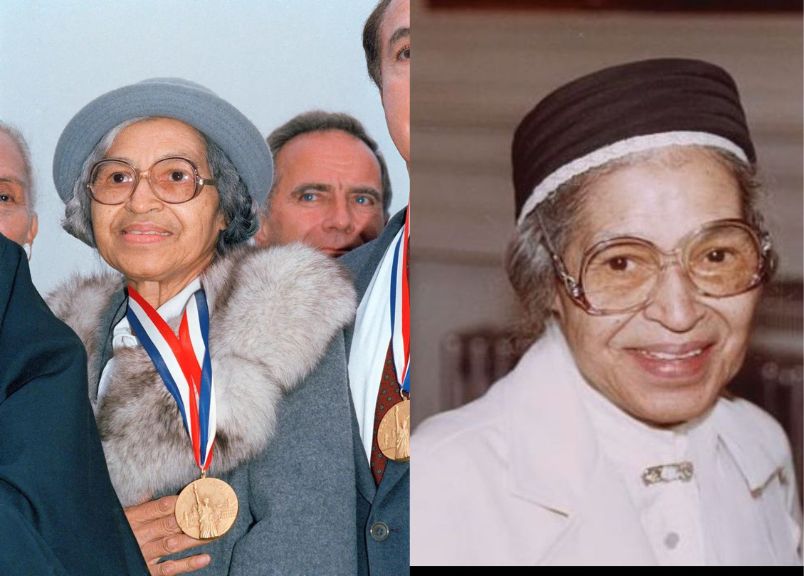Rosa Parks, born on February 4, 1913, in Tuskegee, Alabama, played a vital part in the American civil rights movement. Her turndown to give up her seat on a Montgomery megacity machine in 1955 sparked the major Montgomery machine boycott, getting a defining moment in the fight against ethnical isolation.
Early Life and Struggles
Growing up in the racially charged atmosphere of Alabama, Parks faced adversity from a youthful age. Raised by her mama and grandparents, she witnessed the Ku Klux Klan’s pitfalls and educated racism in colorful aspects of her life, from education to diurnal conditioning.
Marriage to Raymond Parks
At 19, Rosa married Raymond Parks, a hairstylist and civil rights activist who encouraged her to return to academy. She latterly came a needlewoman and joined the NAACP, serving as its clerk from 1943 to 1956.
The cataclysmal machine Lift
On December 1, 1955, Parks’ life took a major turn when she refused to give up her machine seat. This act of defiance led to her arrest, kindling a series of events that would change the course of history.
The Montgomery Bus Boycott
Under the leadership of Martin Luther King, Jr., the Montgomery Improvement Association organized a boycott of the megacity’s motorcars. Lasting 381 days, the boycott gained public attention and eventually led to a Supreme Court ruling declaring Montgomery’s segregated machine seating unconstitutional.
Black History Month: A Deep Dive into its Origin, Significance, and Celebration
Rosa Parks The” Mother of the Civil Rights Movement”
Despite simplifications of her story, Rosa Parks was an accomplished activist. Her case forced the endless racism of Montgomery’s motorcars, earning her the title” mama of the civil rights movement.”
Continued Activism and Move to Detroit
After the boycott’s success, Rosa Parks and her family moved to Detroit in 1957. She worked on Congressman John Conyers, Jr.’s staff and innovated the Rosa and Raymond Parks Institute for Self- Development.
Recognition and Awards
premises entered multitudinous accolades, including the Presidential Medal of Freedom and the Congressional Gold Medal, feting her inexhaustible fidelity to the civil rights cause.
Premises’ Dissatisfaction and Hope
Despite her achievements, Rosa Parks remained critical of ongoing ethnical issues in the United States, emphasizing the need for continued activism and change.
Heritage and Postmortem Honors
Premises’ heritage endures, with her body lying in state at the U.S. Capitol after her death in 2005. Her distinction as the first woman and alternate Black person to admit this honor solidifies her continuing impact.
Conclusion
Rosa Parks’ courage and determination were necessary in the fight against ethnical isolation. Her heritage continues to inspire generations, reminding us of the ongoing struggle for civil rights and equivalency.
